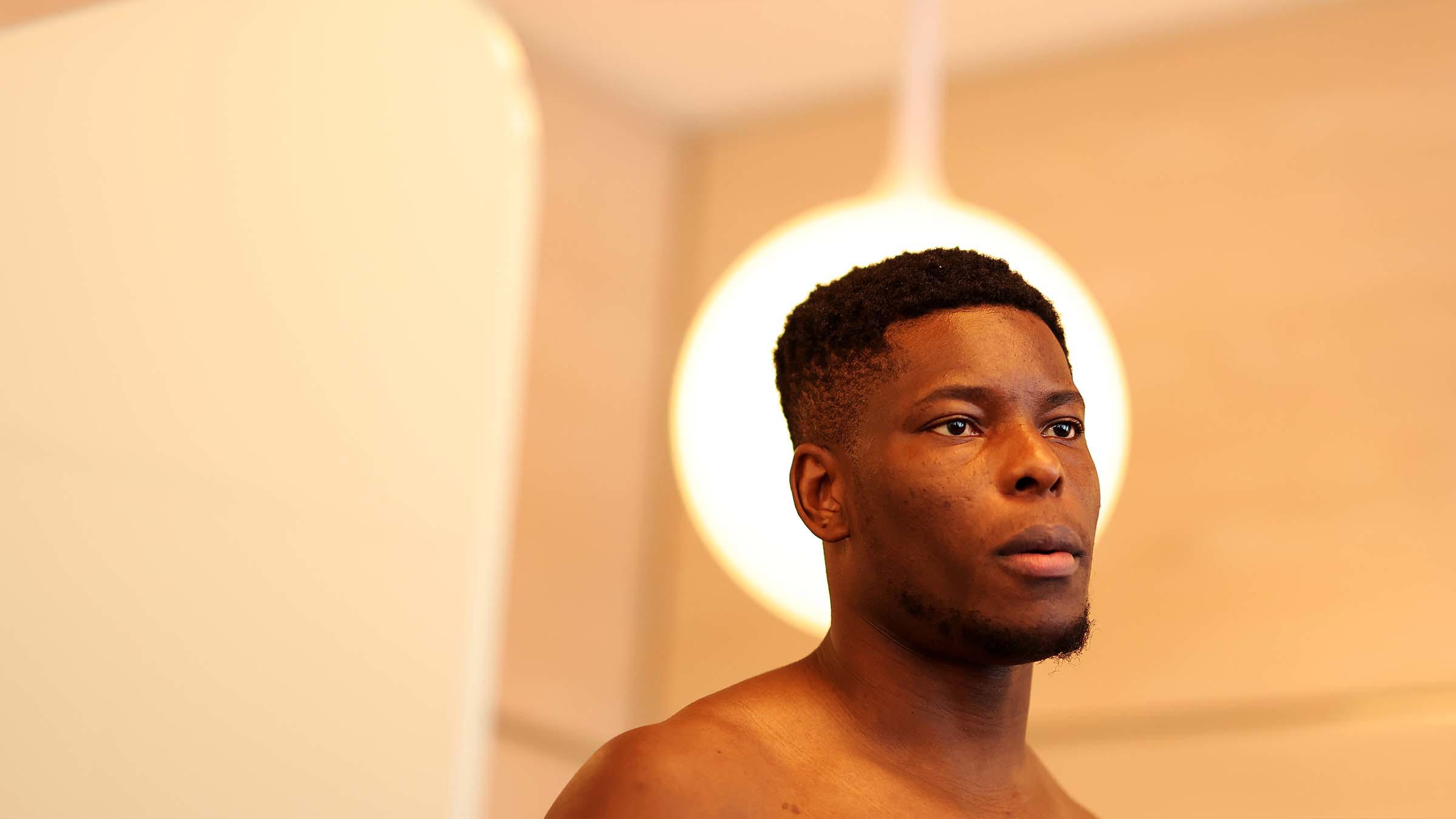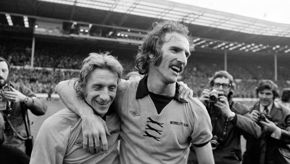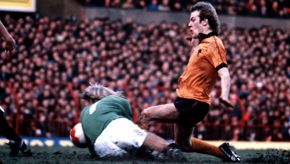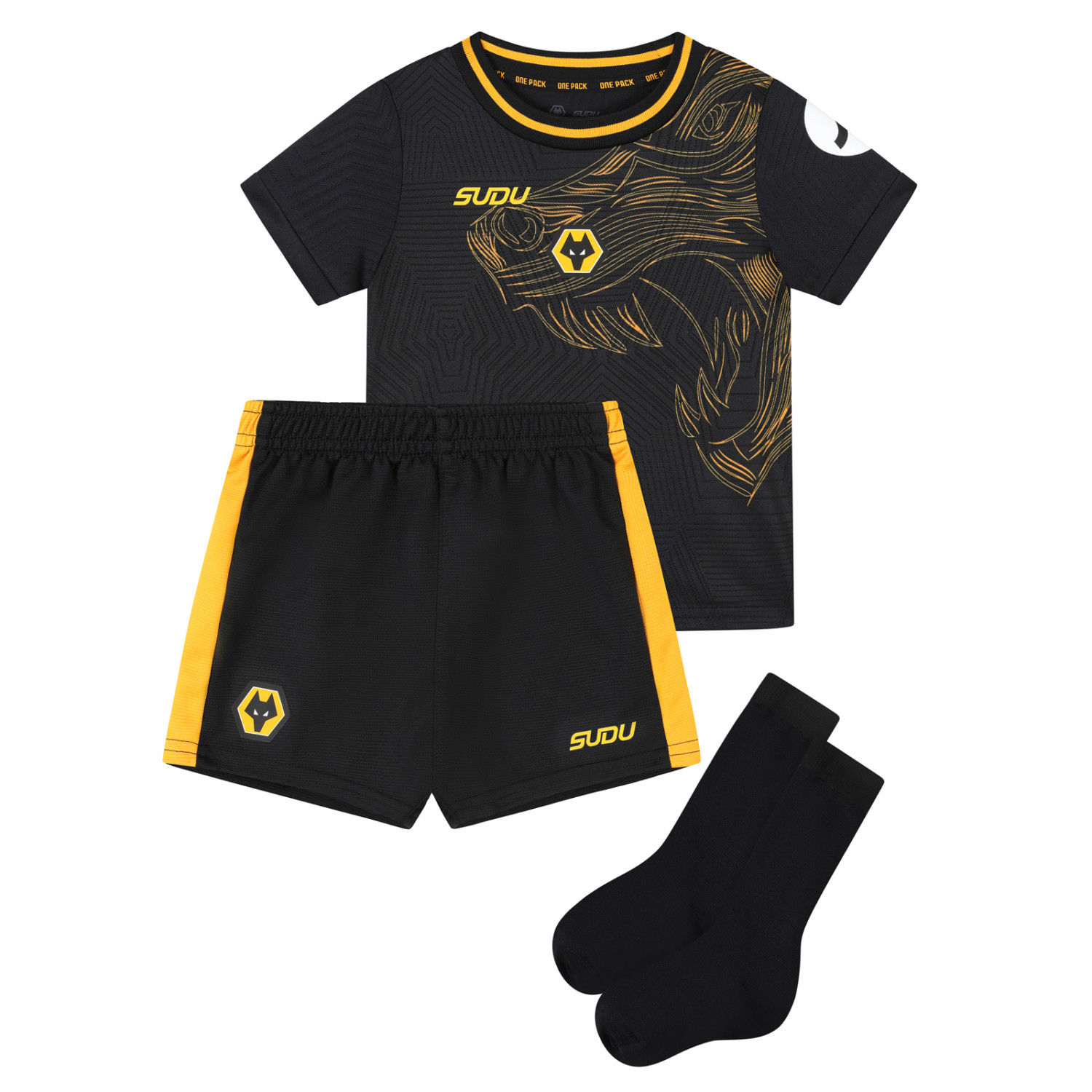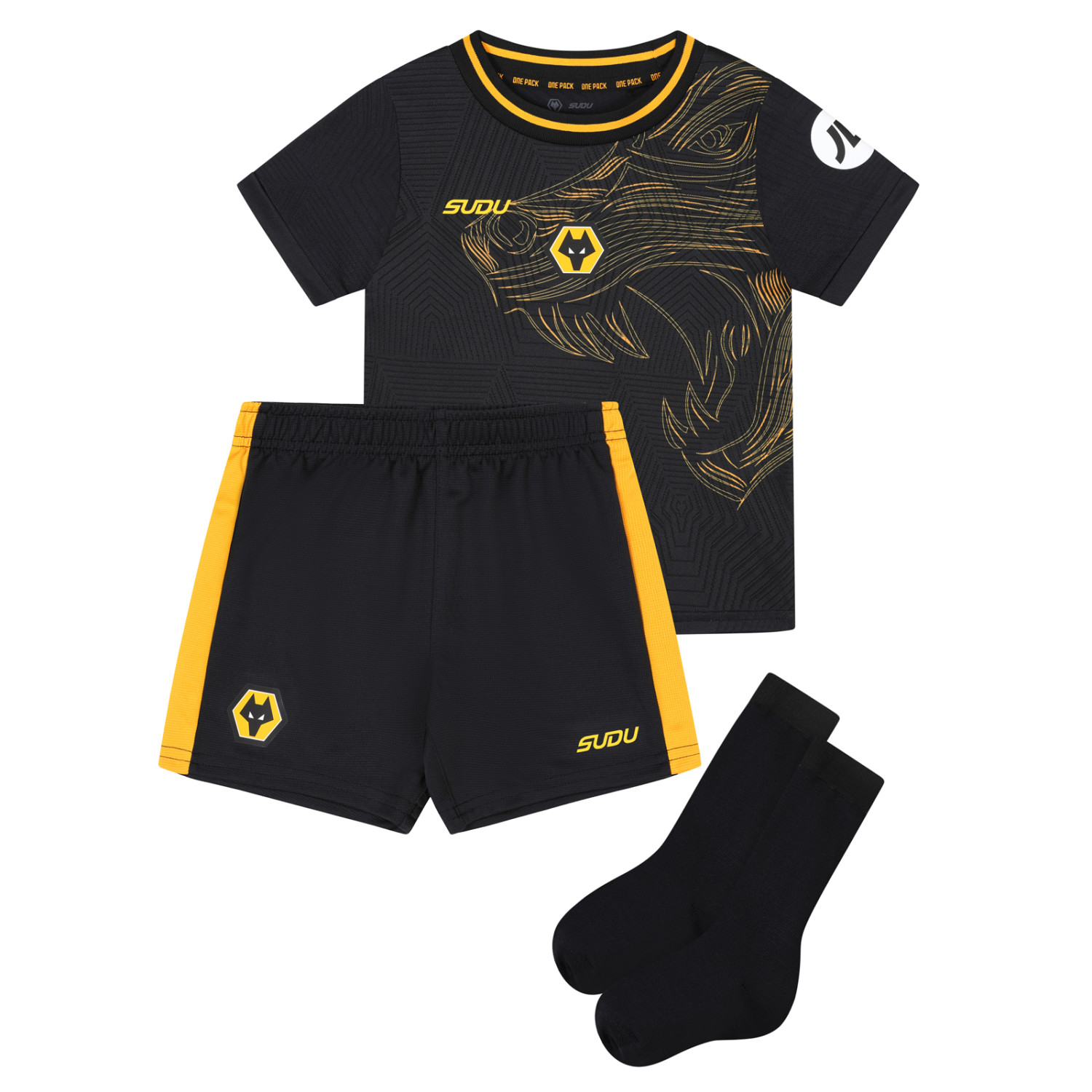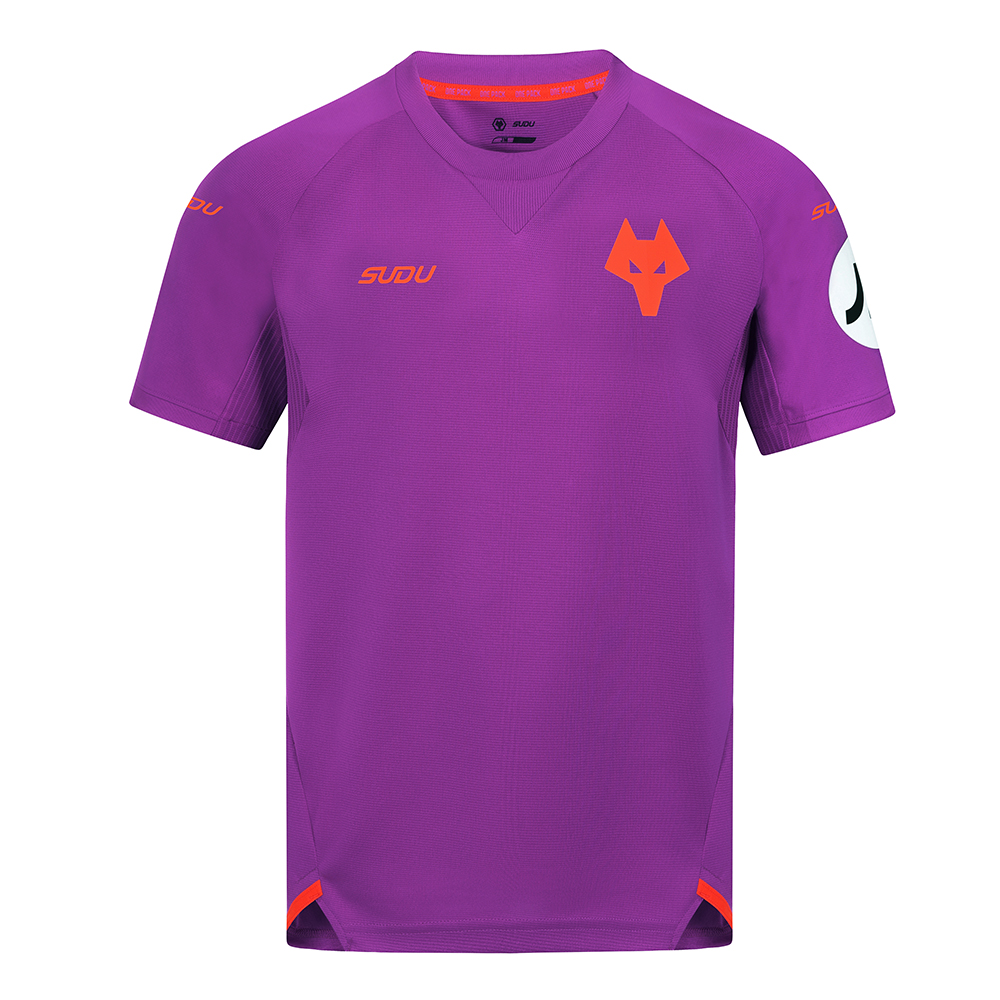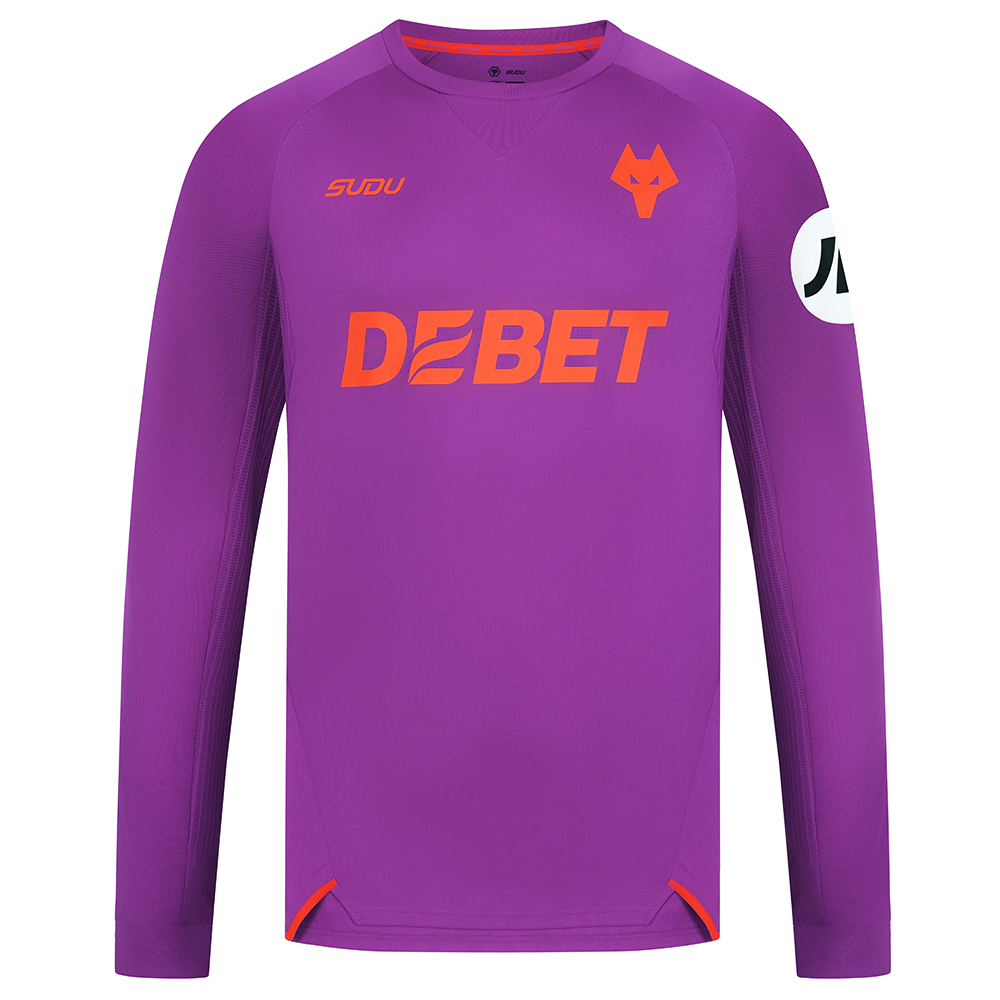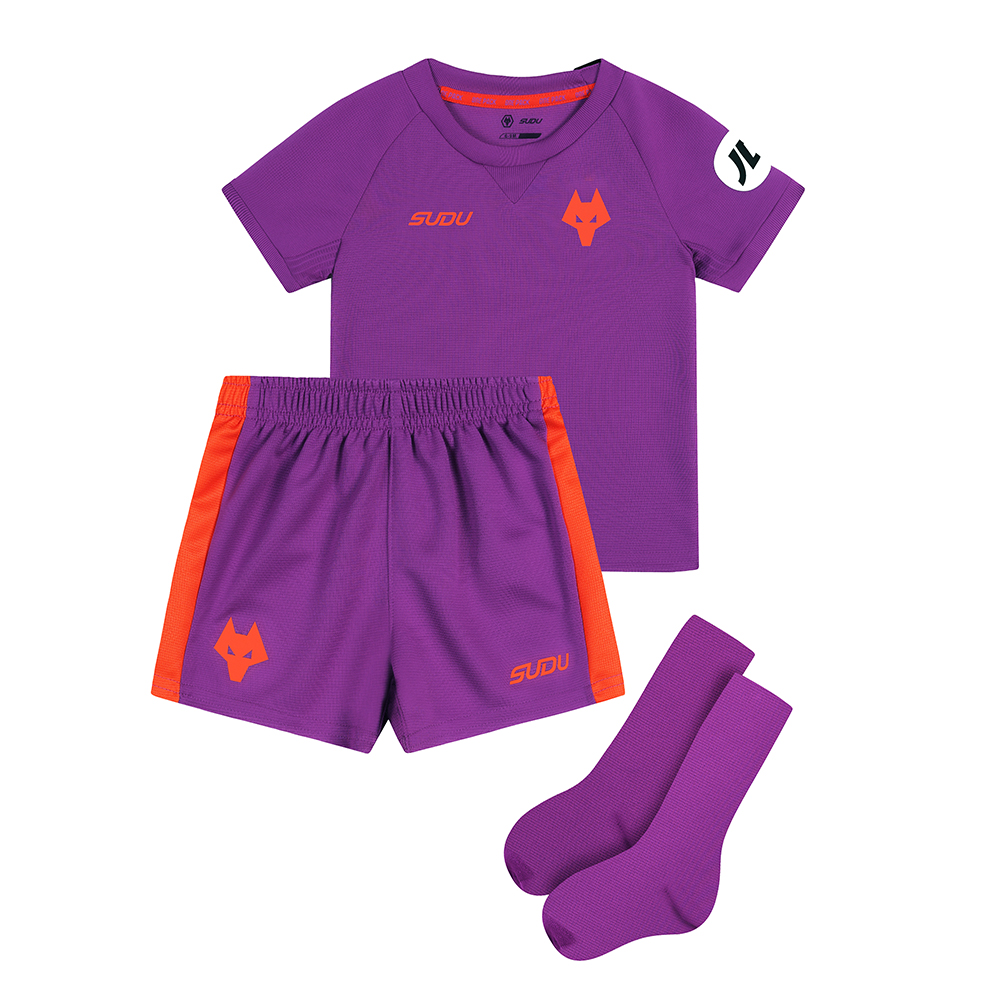Transfer deadline day is one of the most exhilarating times in the football calendar.
Deals are done in the final hours, the phones are buzzing, and at Wolves, the medical team is working tirelessly to ensure that the incoming players meet the club’s high standards before they sign on the dotted line.
As part of this behind-the-scenes process, medical tests are conducted meticulously, and sometimes, these tests take place in unexpected locations – such as at the American Hospital of Paris, as was the case recently with the signings of Nasser Djiga and Marshall Munetsi.
Head of high performance at Wolves, Phil Hayward, played a key role in overseeing the medicals of both players, which were conducted on transfer deadline day, and wolves.co.uk takes an in-depth look at what happens during these critical medical assessments, why some of them take place far from Wolverhampton, and how the team at Compton Park ensures everything runs smoothly – even when members of the medical team are abroad.
The journey towards a player undergoing a medical doesn’t begin when they step into the Compton treatment rooms for the first time, but long before that. For Hayward, the recruitment process is ongoing, with discussions about potential signings taking place months before the window opens.
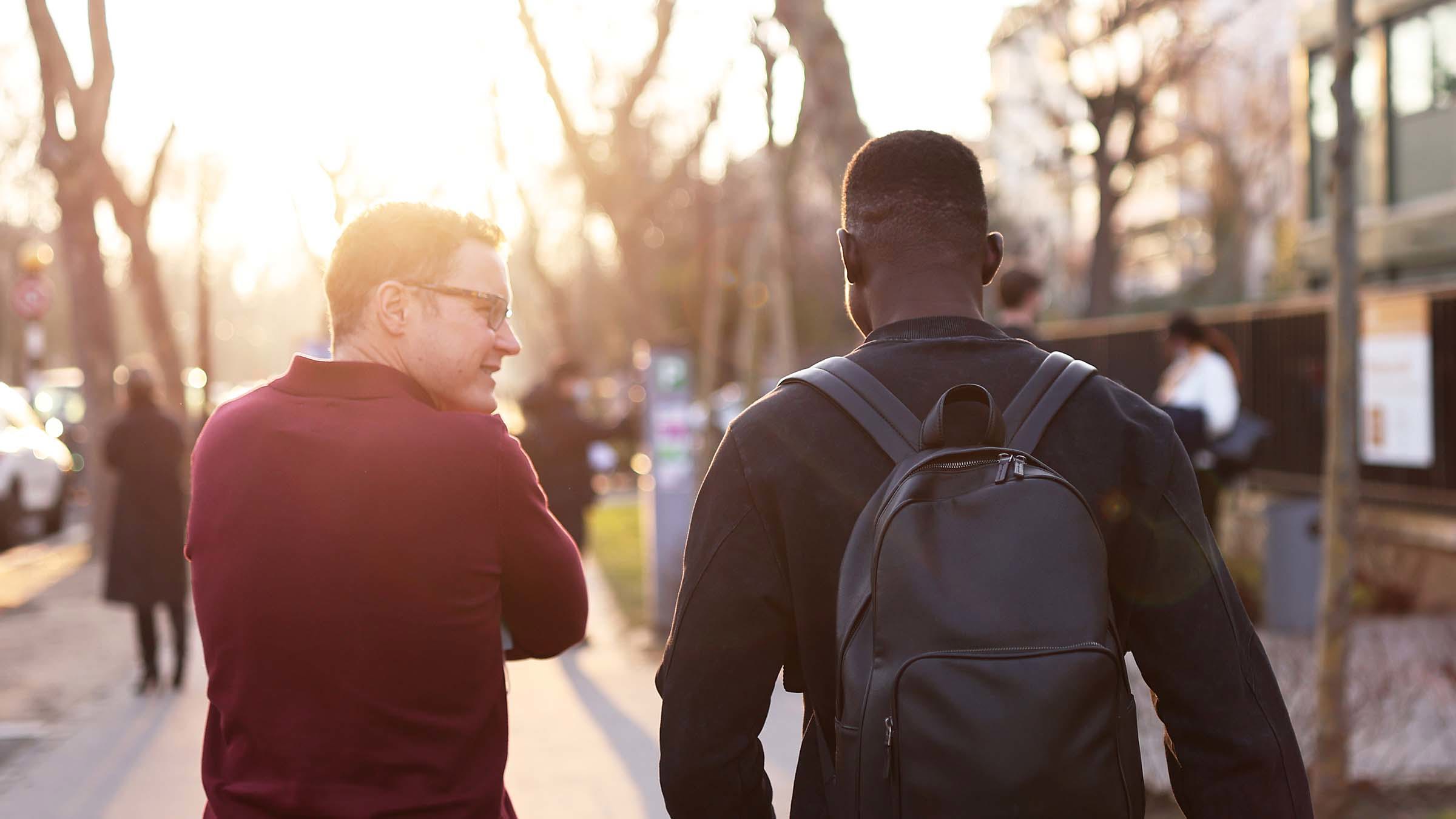
His expertise is vital in evaluating players’ injury history, assessing how any past injuries might impact their future performance, and advising the recruitment team on whether pursuing a player is a viable option.
“We’ll be talking about potential targets in the months leading up to the window opening,” says Hayward.
“The recruiting team asks for my advice on a player’s injury history, and I’ll review things like how previous injuries were managed and whether the player is fully recovered. I’ll look at video footage to assess how the player moves, and we’ll consider things like their style of play and how that may be affected by any past injuries.”
When the time comes for the player to actually take the first steps to signing the contract with Wolves, the subjective examination can begin. This is a crucial step, as it involves a conversation with the player to uncover details about their previous injuries, their current physical condition, and their overall health.
“We have a conversation with the player about any gaps in their playing history, particularly if they’ve had any injuries,” Hayward explains.
“We want to know how they managed those injuries, how they feel about them now, and if any of them still affect their performance. It’s a really open conversation that helps us build a clearer picture of the player.”
This part of the medical also involves questions about family health history and general wellbeing, which can provide valuable insights into the player’s overall fitness. It’s an opportunity to get to know the player as a person and understand any potential areas of concern.
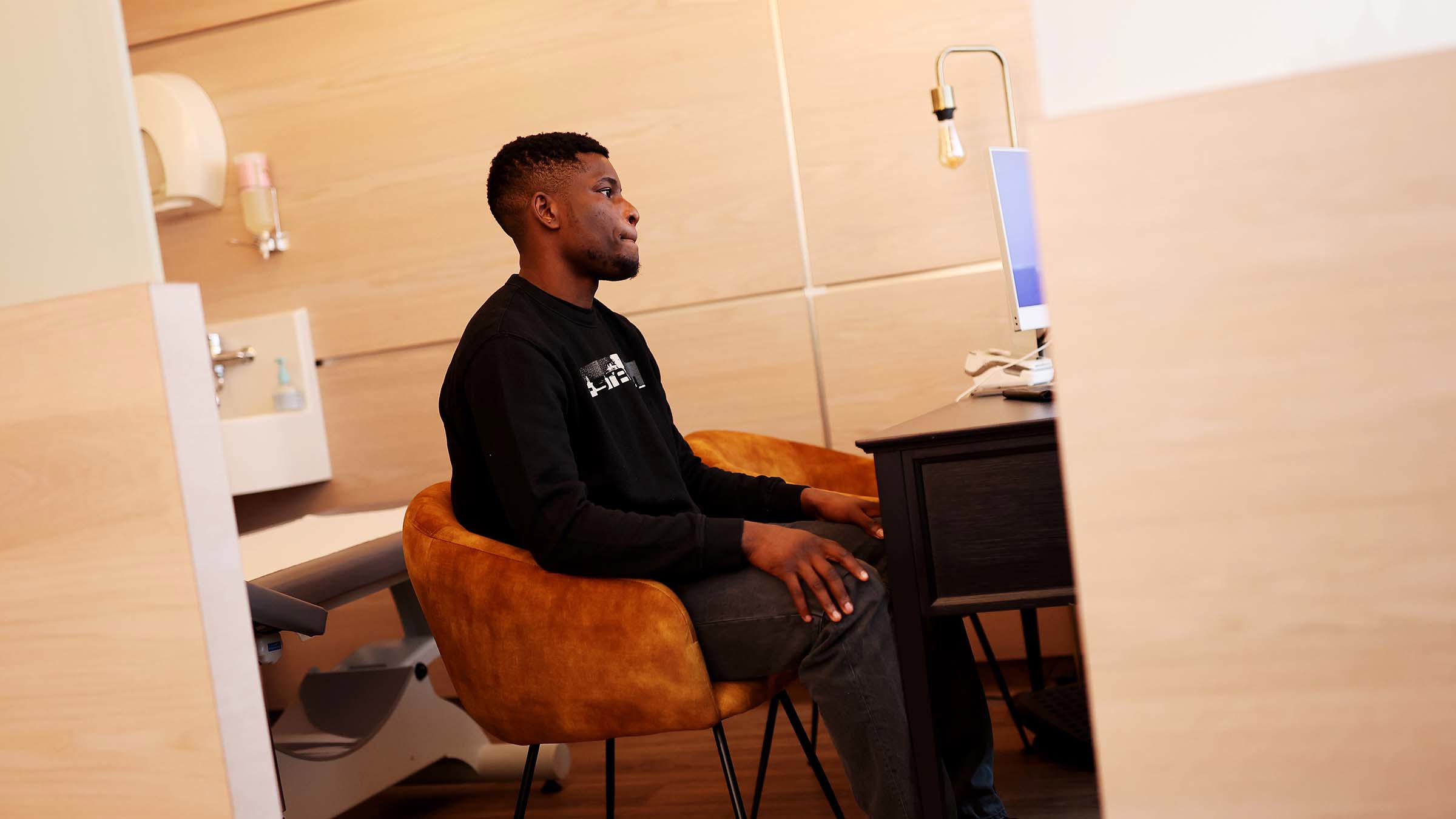
After the initial conversation, the player undergoes a thorough physical examination. This is a series of tests to assess the range of motion in their joints, muscle length, strength, and flexibility. The team works carefully to identify any specific areas where the player may have had injuries in the past.
“We’ll do a full set of physical tests. We look at the range of movement in all the major joints, focusing on any areas that might have been affected by previous injuries. We also perform strength tests to see how the player’s body is holding up.”
After this physical assessment, further medical-based examinations such as blood tests, ultrasound scans of tendons, and other necessary inspections are carried out to offer a comprehensive analysis of the player’s health.
The next step is the MRI scan. The Wolves medical team uses these scans to get an accurate picture of the health of a player, looking into their lumbar spine, hips, knees, and ankles. This helps to establish a baseline of how the player’s body is performing at the start of their Wolves career.
“The MRI scan is vital for two reasons,” says Hayward. “First, it allows us to check the player’s joint health and identify any potential issues. Second, it gives us a reference point. If a player sustains an injury later on, we can compare it to their baseline scan to understand how significant the change is.”
While these scans are thorough and detailed, they are also time-sensitive. When medicals take place on deadline day, Hayward and his team have to be efficient, prioritising the tests that are essential for confirming a player’s fitness while leaving less crucial tests for later.
Hayward admits: “In some cases, as it was on deadline day, we have to be selective in terms of the tests we perform. We’ve got limited time on deadline day, so we focus on the key areas and the less urgent tests can be done after the signing is complete.”
So, why did Wolves conduct the medicals for Djiga and Munetsi in Paris rather than at Compton Park last Monday afternoon?
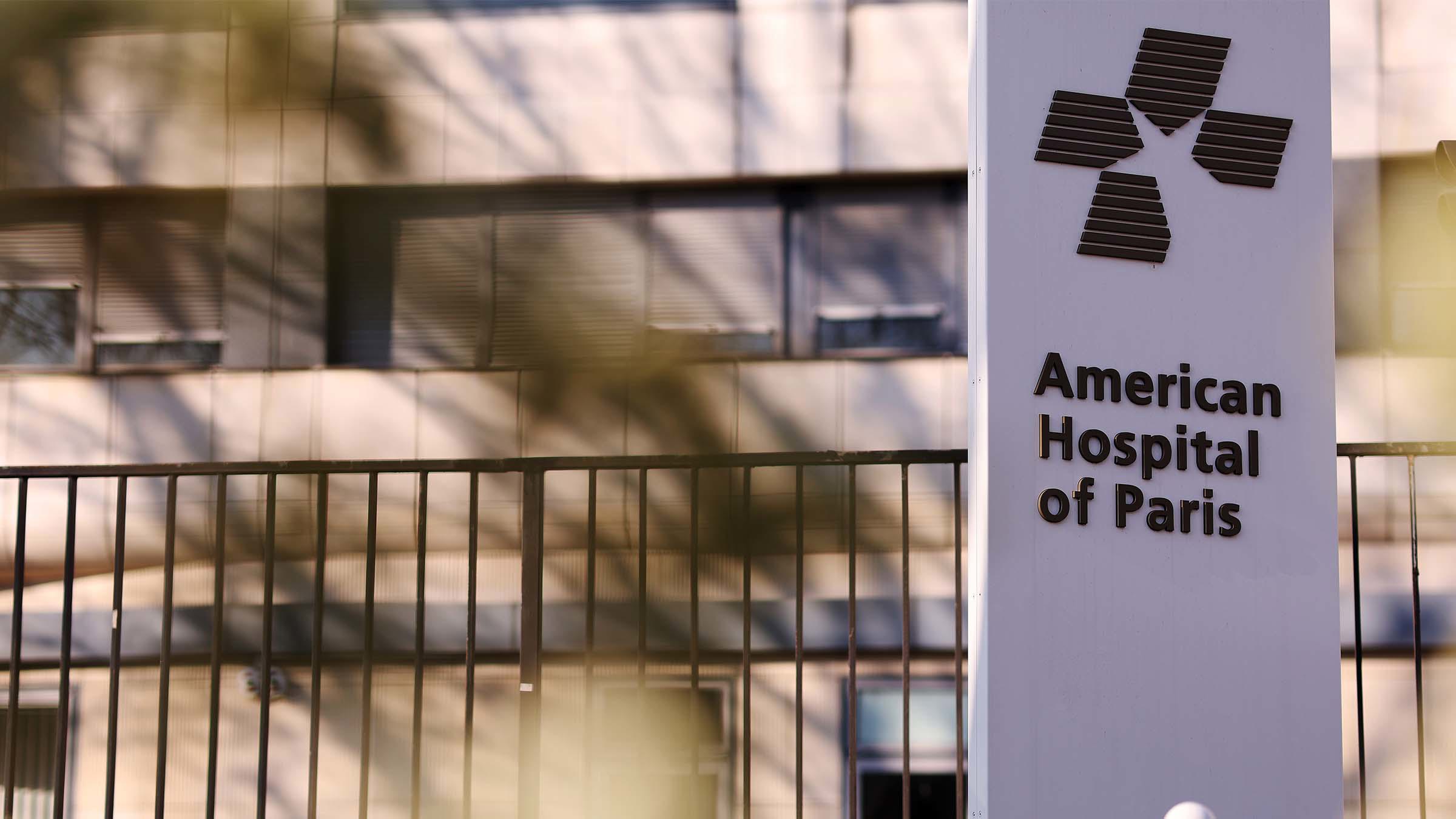
The answer lies in the impact of Brexit on work permits. Since the country’s departure from the European Union, obtaining a work permit for a player has become more complicated, especially if the player is from outside the UK.
“For certain players, we can’t bring them into the country until their work permits and visa requirements are sorted,” Hayward explains. “In those cases, we need to conduct the medical outside the UK before we can bring the player in.”
Paris has become an ideal location for these medicals, and the existing relationship Wolves have with the American Hospital of Paris – having carried out Emmanuel Agbadou’s medical at the facility earlier in the January window – make it even easier.
The hospital is well-equipped for the club’s needs, and Hayward describes the setup as all being “under one roof” with access to every necessary resource required to carry out a thorough medical.
“Paris is very accessible from the UK and the rest of Europe. We have a great relationship with the American Hospital of Paris, where we’ve carried out medicals before. The staff there are fantastic, and they’re always ready to facilitate the testing and make everything run smoothly.”
The decision to conduct the medicals in Paris also makes logistical sense. The hospital is located close to the visa office, making it easier for the club to handle all the paperwork quickly and efficiently.
And with time running out on transfer deadline day, the proximity of these facilities ensured that everything could be done in a timely manner.
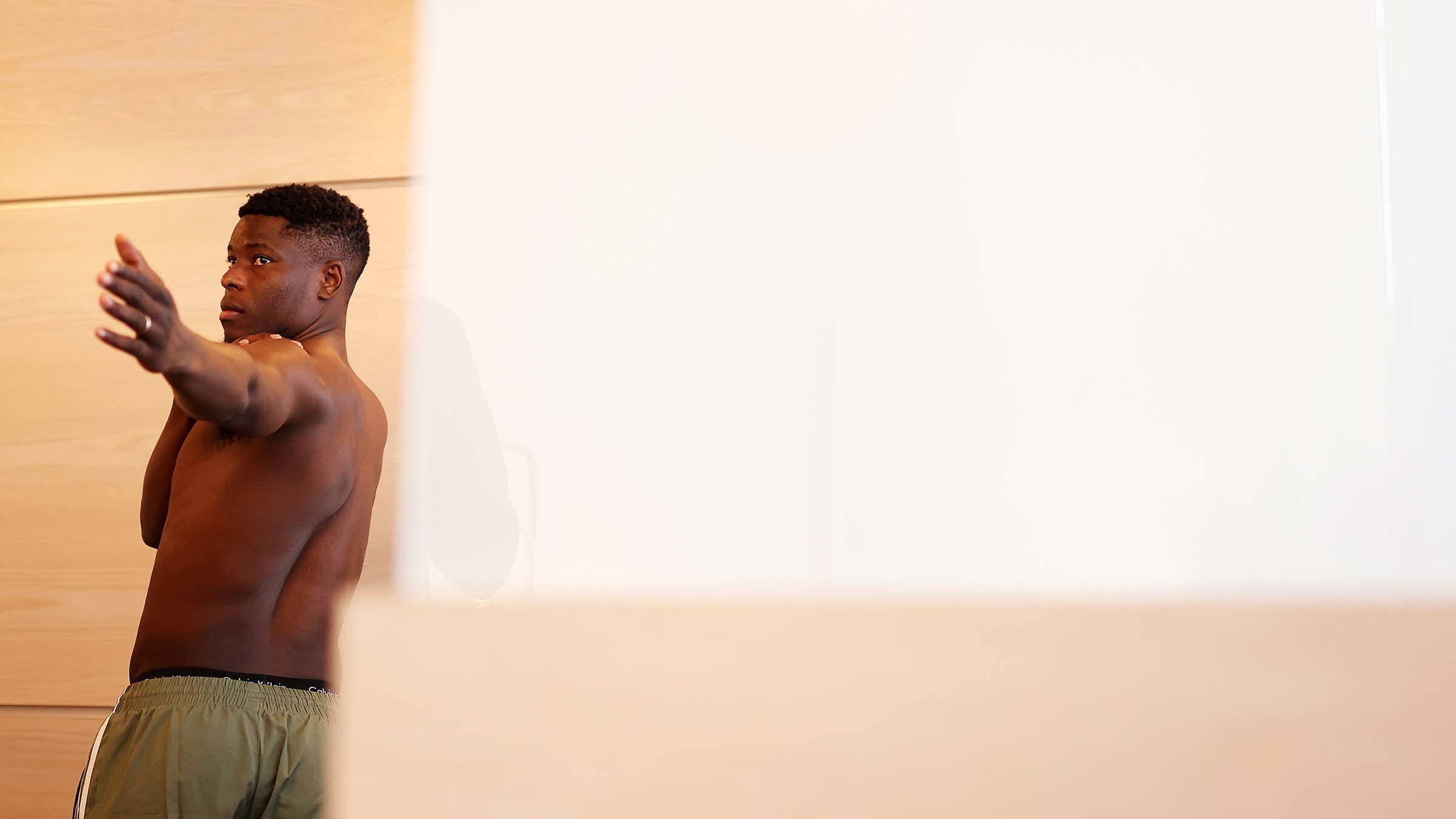
Despite Hayward being in Paris, the medical team back in Wolverhampton are ready to handle any assessment for players already based in the UK. The team at Compton Park, led by club doctor Kai Win, were fully prepared for any eventuality.
“Only I went to Paris for the medicals,” Hayward said, “and I know that they’re good people there and they're going to be very helpful of what we need them to do. I was able to go there on my own, with support from the local guys in the hospital in Paris to help facilitate things.
“But then the rest of the staff were back in Wolverhampton so Kai, our doctor, was here along with Rui [Fuste, head physio], Ollie [Leaper, first-team physio], Matt [Butterfield, first-team physio], Jon [Murray, first-team osteopath], as well as Mark Piros-Read and his sport science team, were all back here ready to spring into action had anything come up. We are well covered to be able to do more medicals here.”
This level of preparedness ensured that the club’s medical team was fully covered, whether they were conducting tests in Paris or at Compton Park. It’s a sign of the strong communication and coordination that runs throughout Wolves’ medical department.
Wolves’ medical operation, as Hayward’s expertise demonstrates, is well-oiled and flexible, capable of adapting to the pressures of transfer deadline day. Whether the medicals take place in Wolverhampton or Paris, the team’s efficiency and attention to detail ensure that each signing is thoroughly vetted for fitness and readiness to play.
With a global recruitment policy seeing Wolves continue to sign players from across Europe and beyond, the medical team’s ability to adapt to international logistics and work closely with world-class facilities like the American Hospital of Paris will undoubtedly play a crucial role in ensuring that every player meets the high physical standards required at the club.
For Wolves, a successful signing goes beyond a transfer fee, it’s about ensuring that the new arrival is fit and ready for the challenges ahead, and on transfer deadline day, it’s the medical team that helps turn potential into reality – one test at a time.
